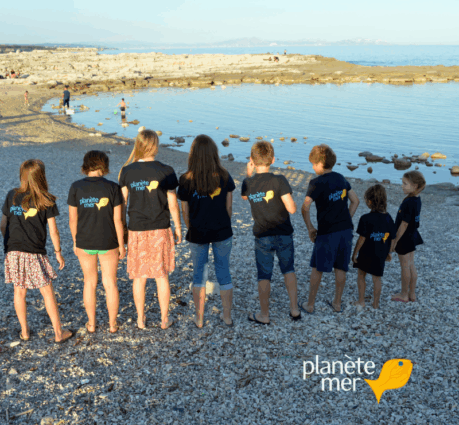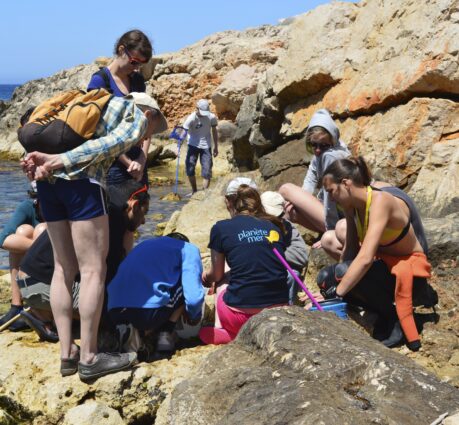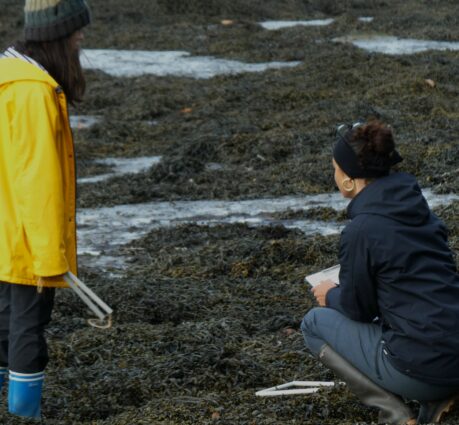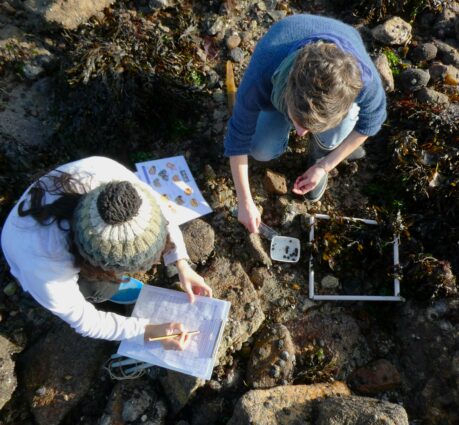“Every human activity affects the oceans”
The interview with Laurent Debas, CEO and Co-Founder of Planète Mer.
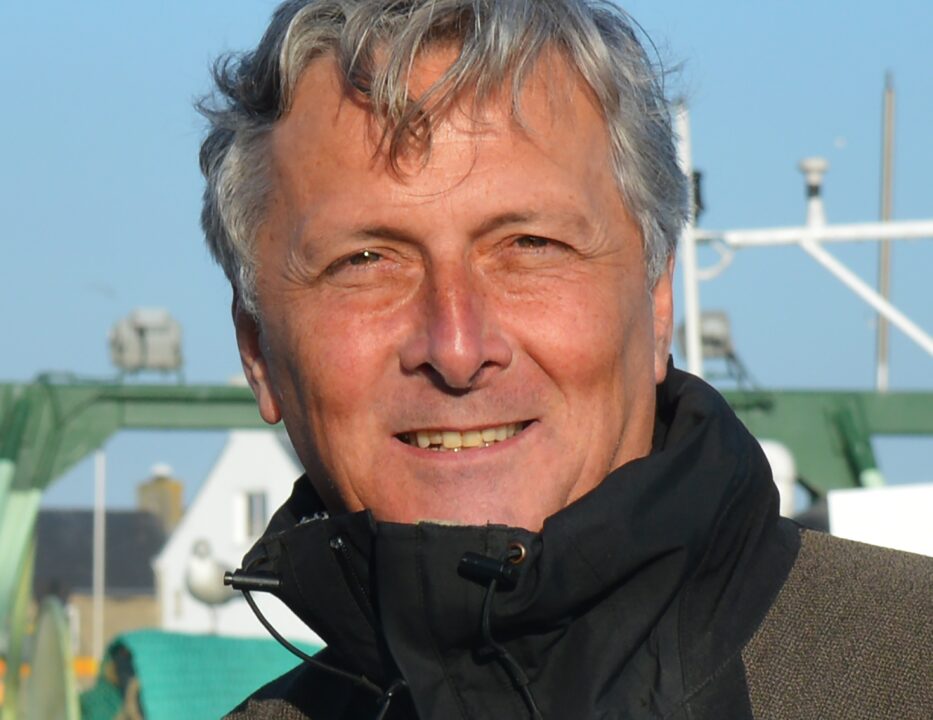
JJA has partnered with Planète Mer to reduce its impact on the oceans and help preserve marine life. The collaboration aims to raise public awareness around responsible consumption, find solutions along the product value chain, and support tangible action to protect marine ecosystems. Laurent Debas, PhD in Oceanography, CEO and co-founder of Planète Mer, explains why this work is so important.
What is Planète Mer’s purpose?
Laurent Debas. Planète Mer is a nonprofit founded in 2007 with a clear purpose: working together to restore lasting balance between marine life and human influence. This is one of the defining challenges of our time – learning how to respect nature’s boundaries while allowing for economic and social progress.

What are the main ways human activity impacts the oceans?
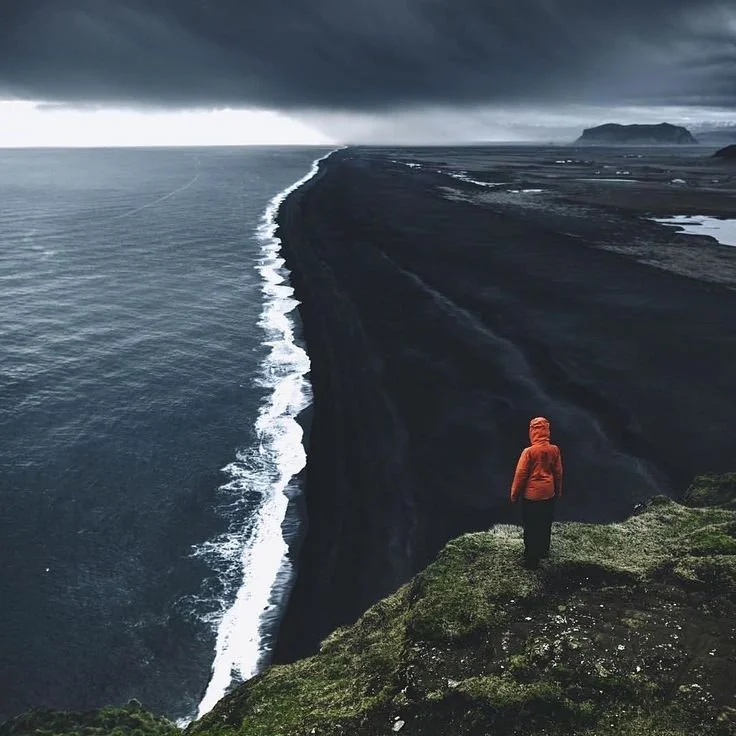
Human activity damages marine ecosystems in several ways. First, direct extraction: overfishing and harmful fishing practices deplete resources and disrupt marine ecosystems. Pollution—whether visible plastics or invisible contaminants—is another huge factor. About 80% of marine pollution comes from land, carried to the ocean by runoff or discharged directly. Habitat destruction is another issue. Coastal concrete construction, seabed dredging, and bottom trawling all destroy fragile ecosystems.
Climate change also plays a major role. The ocean produces 50% of the oxygen we breathe, absorbs 30% of the CO₂ from human activity, and traps 90% of the excess heat in our atmosphere. But this buffering role has consequences: absorbing so much CO₂ and heat is causing the ocean to warm and acidify, which in turn directly harms phytoplankton – the foundation of all marine life.
Finally, ship ballast water carries non-native species across the globe. Once introduced, these opportunistic species can multiply rapidly, destabilizing entire ecosystems. One particularly concerning example is the American blue crab, which is currently spreading through the Mediterranean.
We Must Act Together to Restore Balance Between Marine Life and Human Impact
Why does France have a key role to play in ocean protection?
France has the world’s second-largest maritime territory—nearly 11 million km²—with 5,800 km of coastline in mainland France and over 18,000 km including overseas territories. This gives the country a presence in every ocean, across every latitude, and access to virtually every type of marine and coastal ecosystem – including, for example, the planet’s second-largest coral reef. With this vast footprint, France has both a major responsibility and a unique opportunity to play a leading role in ocean protection.
Planète Mer advocates “acting together.” Who should act, and how?
Real change will only happen if everyone gets involved. Environmentalists and ocean lovers are already doing their part, but we need businesses, industries, and public authorities to step up too. We need strong, ambitious policies, especially for industries that rely on the ocean. Every human activity affects the ocean – even just emitting CO₂. Companies must factor this reality into their strategies by developing sustainable products and reducing the carbon footprint of their goods’ transportation. Individuals can also help by choosing more responsible ways to travel and consume, and by behaving thoughtfully on the beach or at sea. That’s why raising awareness broadly is so important.
How can people reconnect with the ocean and nature?
Water is part of who we are as humans. There are countless ways to reconnect: joining observation trips, helping collect data to better understand marine environments, or simply spending time doing activities that bring you closer to the sea.
I’m an oceanographer, but I truly discovered the ocean by diving – not just through books or research. You have to experience a place to really love it. And once you love something, you naturally want to protect it. I believe in the power of emotional connection for raising awareness. The film Oceans by Jacques Perrin and Jacques Cluzaud, on which I worked as a scientific advisor, was guided by this very idea: showing everyone just how breathtaking the ocean really is.
What is Planète Mer doing to raise public awareness?
We developed BioLit, a citizen science program that encourages people of all ages to explore the coastline and record what they observe. Using just a smartphone, participants submit data that Planète Mer and France’s National Museum of Natural History analyse to produce high-level scientific papers and policy recommendations. By collecting data from everyday people, this program allows scientists to track invasive species, study seasonal changes, and monitor how marine life is affected by climate change – strengthening both French and global scientific knowledge.
We also organize outings for companies and have recently been approved by the Rennes and Aix-Marseille education authorities to train teachers and schoolchildren on ocean conservation.
In your view, what still needs to be done?
The challenge ahead is enormous. People need to move from awareness to action, supported by coherent and ambitious public policies. Raising awareness from a young age is crucial – sometimes it’s the children who teach their parents. That’s why environmental protection must be integrated into the national education curriculum.
Most importantly, we need to explain our invisible connection to biodiversity: every species that disappears affects us directly because we’re part of the same ecosystem. No matter how advanced technology becomes, we remain completely dependent on nature – a fact we must recognize and act on together. And not just out of self-interest, but because every form of life deserves respect.

